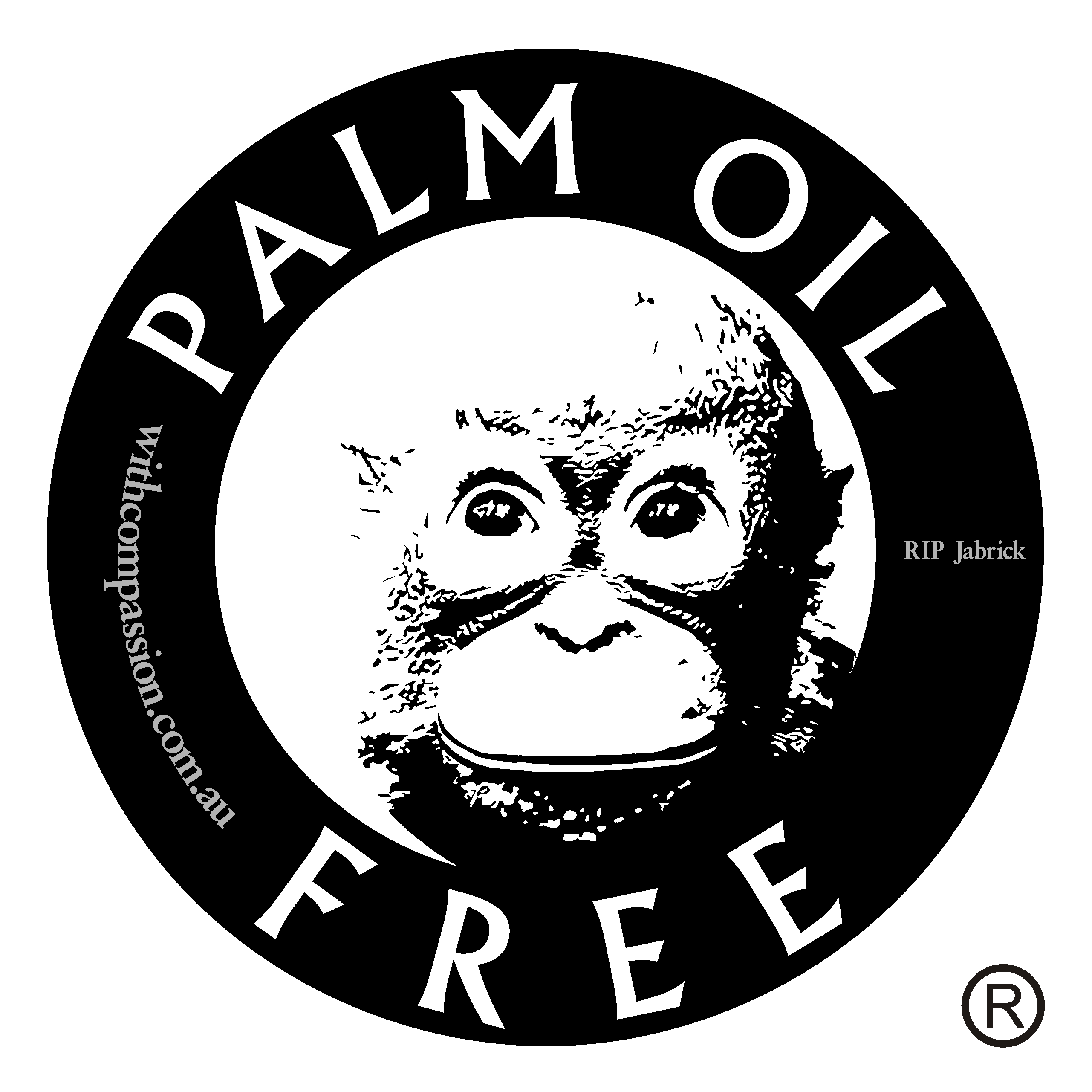Introduction to Mineral Sunscreens
What are mineral sunscreens?
Mineral sunscreens, also known as physical sunscreens, contain active mineral ingredients like zinc oxide and titanium dioxide. Unlike chemical sunscreens, which absorb UV radiation, mineral sunscreens act as a physical barrier that reflects and scatters UV rays, offering immediate protection upon application.
If you’re looking for the best mineral sunscreen for your skin and your loved ones, keep reading! We’ll share everything you need to know to make an informed choice.
Importance of Sun Protection
Sun protection is vital for healthy skin. UV radiation can cause premature aging, sunburn, and increase the risk of skin cancer. UVA rays penetrate deeply, contributing to aging and DNA damage, while UVB rays cause sunburn.

The beauty of mineral sunscreen, especially those with zinc oxide as the sole active ingredient, is their ability to effectively block both types of rays, offering a more comprehensive broad-spectrum protection. Often more complex formulas need to combine multiple active ingredients to achieve a Broad Spectrum UVA/UVB coverage, but zinc oxide, being the power mineral that it is, protects against both spectrums all by itself.
Key Ingredients in Mineral Sunscreens
Mineral sunscreens with zinc oxide as the sole active ingredient are the most common and natural option. Some formulations combine titanium dioxide with zinc oxide to boost UVB coverage, but we believe zinc oxide alone is more than enough to provide the full spectrum of coverage.
Zinc Oxide Benefits
- Provides broad-spectrum protection against UVA and UVB rays.
- Skin-Friendly: Anti-inflammatory properties make it ideal for sensitive skin.
- Unlike chemical filters like oxybenzone, zinc oxide is less likely to cause skin irritation and is environmentally safe.
Titanium Dioxide Benefits
- Offers strong UVB protection*
- Less likely to cause allergic reactions
*While effective, titanium dioxide primarily protects against UVB rays and often needs to be combined with zinc oxide for comprehensive coverage.
What is best - Zinc oxide or titanium dioxide?
We are big believers in a zinc-only formula. Often simplicity is the best thing for our skin, so we opt for the minimum number of ingredients to achieve the best results for both SPF coverage AND skin health. The main differences between zinc oxide and titanium dioxide are:
- Zinc oxide provides more extensive protection, while titanium dioxide can be gentler on some types of skin.
- Zinc oxide is better for prolonged sun exposure, providing extremely stable UVA/UVB coverage, whereas titanium dioxide is more suited to incidental day exposure.
- Zinc can be used as a sole active ingredient, while titanium dioxide needs to be combined with zinc oxide for broad spectrum UVA/UVB cover.
How Mineral Sunscreens Work
Mineral sunscreens physically block UV rays by reflecting and scattering sunlight. This is different from chemical sunscreens, which absorb UV radiation and transform it into heat, making mineral SPF a gentler option for many skin types.
Skin benefits
- Reduced Risk of Irritation
- Ideal for sensitive skin
- children, and individuals with skin conditions.
- Formulas can remain as close to nature as possible.
Environmental benefits
-
Reef Safe: Mineral Sunscreen is more likely to be Reef Safe. Products containing only mineral UV blockers are considered the most Reef Safe sunscreens available. However, it is important to check that a sunscreen labelled as “mineral” does not contain other harmful ingredients or come in harmful plastic packaging. For a guide to choosing honest reef-safe sunscreens, read our “Beyond Reef Safe” article.
- Oil-Based Formulas: Zinc oxide is one of the only active ingredients that is compatible with oil-based formulas and we believe this is a huge benefit. It means fewer ingredients overall, avoiding preservatives, synthetic emulsifiers, bonding and suspending agents and other potentially harmful chemicals.
- Sustainable Practices: Many brands who prioritize zinc oxide for it’s environmental benefits also prioritise sustainable packaging and business operations. We believe a truly responsible sunscreen brand will consider all of these factors, when claiming to be reef safe or environmentally friendly/sustainable/ethical. For more information on our “sustainable packaging” philosophy read here.

Choosing the Right Mineral Sunscreen
Oil-based mineral sunscreens
Benefits:
- Simplest, most natural formulas available
- Provide excellent barrier protection due to nourishing oils blocking out environmental toxins
- Are often more environmentally friendly due to fewer ingredients, making supply chains shorter and more trustworthy.
- More moisturizing.
- Contrary to popular belief, oil-based sunscreens do not clog pores or aggravate acne any more than water based sunscreens do.
- Leaves a glowy, dewy finish on the skin
- Formulated without preservatives or synthetic emulsifying agents
- Great for children as it’s easier to tell if the sunscreen remains on their skin, ensuring better coverage and protection.
- Provide excellent water resistance
Drawbacks:
- Can be thicker than water-based sunscreens.
- Some believe they leave a “heavier” feel on the skin.
- Can sometimes leave a shiny appearance
Water-based mineral sunscreens
Benefits:
- Generally have a lighter skin feel due to the water evaporating off the skin once applied.
- Can be formulated with more potent active ingredients for high performance skincare
- Available in a wide variety of formulations, with many different ingredients
- Leaves a more matte finish on the skin
Drawbacks:
- All contain preservatives to prevent microbial contamination
- Often have a much longer list of ingredients that are harder to understand due to emulsifying agents, suspending and preserving
- Can be hard to know if the product has been applied as it does it’s “disappearing act”
- Can be more allergenic due to the larger number of ingredients needed
SPF Rating:
For extended exposure, SPF 50 is recommended. Higher SPF offers more extended protection.
Application Style:
Lotions, sprays, sticks, and powders each have pros and cons. Lotions provide a more even coverage, sprays are convenient but often environmentally damaging, sticks are portable, and powders can be applied over makeup.
Reading Labels (…What to look for!)
- Active Ingredients: Check to make sure that zinc oxide and/or titanium dioxide are the ONLY active ingredients
- Non-active Ingredients: Check the other non-active ingredients in the formula. If a brand does not list these, then consider why they are hiding the full ingredient list.
- Avoid Harmful Additives: Parabens, fragrances, and alcohol can be harmful, especially for sensitive skin.
- Broad Spectrum - ensure the sunscreen states that it’s either “Broad Spectrum” or protects against both UVA and UVB rays.
- Environmental Impact: Consider the brand's environmental impact. Do they state Reef Safe? Is their packaging plastic free? (link)
Related: READ OUR “REEF SAFE” Statement here
Best Mineral Sunscreens on the Market
Here are our top picks for mineral sunscreens in Australia:
1. Winki Zinc Mineral Sunscreen SPF 50
$35 100ML ($35 per 100ML)
Benefits:
- Broad Spectrum SPF 50
- Made from 9 natural & nature derived ingredients
- Beyond Reef Safe
- Free from palm oil, fragrance and synthetics
- 100% Plastic free packaging
- Vegan & cruelty free
- Hypoallergenic, suitable for sensitive skin and babies
- Gentle and moisturizing
- Easy, smooth application. Rubs in clear.
- 2 hours water resistant
Drawbacks:
- The moisturizing, oil-based formula can feel thick for some who are used to lighter feeling sunscreens.
2. The Kind Sunscreen - SPF 30
$79.50 200ML ($39.75 per 100ML)
Benefits:
- Broad Spectrum SPF 30
- Vegan
- Made with just 9 all-natural, chemical-free ingredients
- No white cast - our unique formula ensures a clear, sheer finish
- Lightweight and non-greasy
- Suitable for pregnant & breastfeeding mums, babies and sensitive and blemish-prone skin
Drawbacks:
- Plastic packaging
- No Water resistance rating
- Not Palm Oil Free
- SPF 30 only
3. EK Sunscreens
$55 150ml ($37 per 100ML)
Benefits:
- Zinc oxide and Vitamin E are skin healing and nourishing
- Broad Spectrum SPF 50
- 4 Hours water resistant
- Suitable for all skin types
- Australian Made
- Vegan
Drawbacks:
- Plastic packaging
- Leaves a distinct white cast
- Not Palm Oil Free
- Oil based formula can feel thick for some who are used to lighter feeling sunscreens
4. Mother SPF - Face & Body SPF30
$42 - 120ML ($35 per 100ML)
Benefits
- Suitable For The Whole Family – Bubs Included
- 4 Hours Water Resistant
- Nourishes And Supports A Healthy Skin Barrier
- Suitable For Sensitive Skin
- Added Antioxidants To Fight Free Radicals
- Australian Made & Female Founded
Drawbacks:
- Plastic packaging
- Not Palm Oil Free
- Oil based formula can feel thick for some who are used to lighter feeling sunscreens
5. Edible beauty - Basking Beauty Natural Sunscreen SPF50
$40 100ML ($40 per 100ML)
Benefits:
- Zinc oxide and Vitamin E are skin healong and nourishing
- Broad Spectrum SPF 50
- 4 Hours water resistant
- Suitable for all skin types
- Australian Made
- Vegan
Drawbacks:
- Plastic packaging
- Not Palm Oil Free
- Oil based formula can feel thick for some who are used to lighter feeling sunscreens
6. P4O - SPF 50 Mineral Sunscreen 100 g
$32 - 100g ($32 per 100ML)
Benefits:
- Zinc oxide and Vitamin E are skin healong and nourishing
- Broad Spectrum SPF 50
- 4 Hours water resistant
- Suitable for all skin types
- Australian Made
- Vegan
Drawbacks:
- Plastic packaging
- Not Palm Oil Free
- Contains essential oils which can be irritating on sensitive skin
- Oil based formula can feel thick for some who are used to lighter feeling sunscreens
Mineral Sunscreen Application Tips
How to Apply Sunscreen Effectively
- Ensure even coverage by applying enough product; approximately ¼ teaspoon amount for the face & neck
- Cover all exposed areas including often forgotten areas like ears, under the nose and chin!
- Re-apply every 2 hours or immediately after swimming or sweating. (Re-applying every 2 hours is a TGA standard across all sunscreens, despite the water resistance rating. This is because sunscreens can be unintentionally wiped off by rubbing the face, towel drying, removing clothing, sweating and swimming etc.)
- Ensure you have rubbed your mineral sunscreen in well, as this will ensure the oils are absorbed into your skin, without leaving any sticky residue.
Over or under make-up?
Mineral sunscreen is best used as a base layer underneath make-up, but over your daily moisturizer (if you use one). Allow a few minutes for the oils to absorb into your skin, before continuing with your make-up routine. Alternatively, you can try our Tinted Zinc Sticks for the Lips & Face for a full mineral SPF make-up look.
What to expect when making the change to Mineral Sunscreens
Switching to mineral sunscreens might require a little adjustment period. Oil-based mineral sunscreens, like Winki Zinc, can feel a bit thicker than chemical sunscreens or water-based mineral options. Embrace the luxurious texture and the added bonus of deep hydration! Remember, a little goes a long way. Start with a small amount and gradually increase as needed for full coverage. With consistent use, you'll likely find that your skin adapts beautifully to the nourishing feel of mineral sunscreens, and you'll be rewarded with healthier, happier skin in the long run.
Conclusion
Mineral sunscreens offer safe, effective, and environmentally friendly sun protection. Choosing the best mineral sunscreen involves considering your skin type, SPF needs, and preferred formulation.
Explore Winki Zinc’s range of mineral sunscreens for the best protection and skin care. Visit our website to find your perfect match and embrace safe sun practices today!
Shop Winki Zinc's Mineral Sunscreen and Tinted Mineral Zinc range now!




